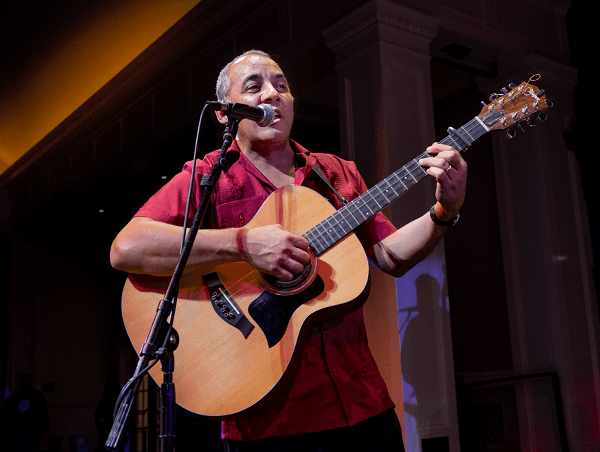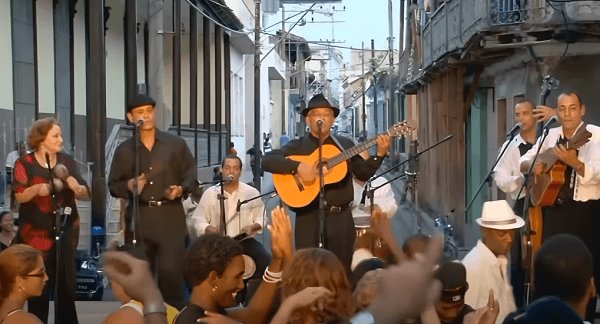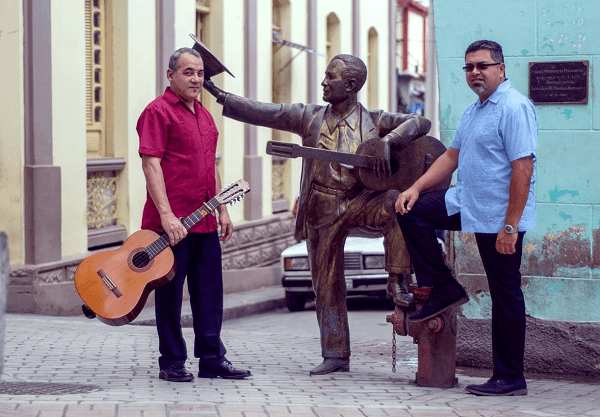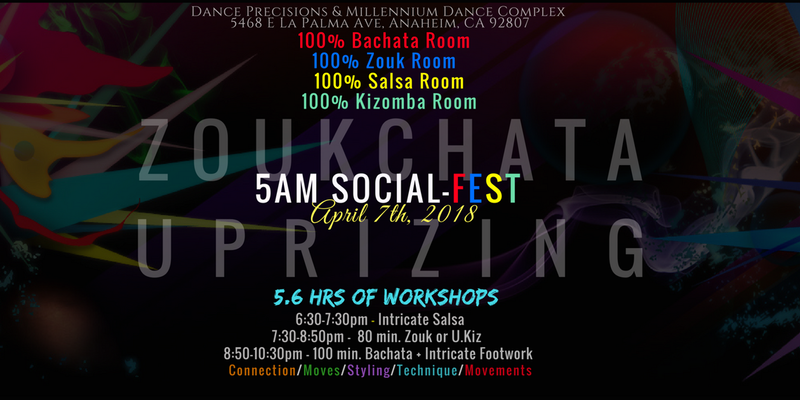North America / USA / New York
John Leguizamo returns to Broadway with the super production LATIN HISTORY FOR MORONS for only 16 weeks, a comedy theater that will teach the audience the story of Latino immigrants in North America that you won’t find either in books or in the education provided in the schools of the country.

This sympathetic actor, comedian, and Colombian – American producer created this monologue due to the situation he faced a long time ago with his son. The child was being bullied in the private school that he attended in NYC for being one of the few children of Hispanic origin there. For that reason, and using homework of heroes assigned to his son, John began to teach him some Latino leaders who played big roles in American history. “Things were getting kind of rough out there…
And then, all of a sudden, we were in this dark episode where Latin people are being maligned and we’ve become the whipping post for the president. They even tried to pass the – show me your papers- law in Texas, basically profiling Latin people”, said Leguizamo to an American media.
After 4 years of research, this Emmy Award-winner actor, very happy, created this dramaturgy in which he reveals the struggle of 10,000 Latinos in the American Revolutionary War, the brave AfroCaribbean women in Virginia who sold their jewels to feed the patriots in the wars. The shocking truth of the Cuban woman, Loreta Velasquez, who joined the army in New Orleans and fought the front in three battles of the Civil War disguised as a man. And not in accordance with it, John will continue walking for 3000 years of history, he will make us cross three continents and tell us about different empires, Mayas, Aztecs and Incas.

He will speak of Montezuma and Menudo, Yes! You read well, “Menudo” and he will close the acts with traditional dances like the Cumbia and indigenous rituals without censorship. “I was so ignorant of my own history because it is not taught in schools. It was a huge hole in my education and it shouldn’t have been, because without us Latinos, America wouldn’t be the country that it is”, Leguizamo explained to an American media.
John, who acted in series such ER (Dr. Victor Clemente), films such as: Super Mario Bros (Luigi) and more recently Wick 2 (Aurelio), besides, the voice of Sid (the laziness) in Ice Age, he in Latin History for Morons has a very unique style, a mixture between a stand up and a traditional dramaturgy. “There are other characters on stage, which I play; I do scenes with them and there is a narrative moving forward… I like to take people there with mime, dance, and music – it is very physical… It’s amazing what the audience will allow you to do.

They will go with you anywhere as long as you stick to the rules that you set up at the beginning. That’s the beauty of theater. And that’s what makes me keep coming back. Anything is possible on stage. It seems to be the most democratic and egalitarian place in America for entertainment. Where else would Hamilton have happened? It couldn’t have happened in Hollywood, or on cable or the networks”, said Jhon Leguizamo in an interview.

For his solo work of 45min of duration and which began since the third week of October he had to prepare himself in boxing as well as in dance. Hard work he had to do every day. “I’ve learned to consolidate my storytelling and be more of myself. To not just be an entertainer, but allow my anger, my edgier sides – and allow people to be even more uncomfortable. I never wanted my shows to be just Pollyanna shows,” he also said, “Latin comedy is a full emotional experience.”
Latin History for Morons (a satirical History Class) back to John Leguizamo to Broadway, under the direction of the famous theater director Tony Taccone, who owns 36 years of Career and who currently is the artistic director of Berkeley Repertory Theater in Berkeley, California. Moreover, John made his first Broadway presentation in 1991 with “Mambo Mouth” winning an Obie and he was nominated several times for Tony Awards for “Freak” in 1998.
“Broadway is just a culmination of a lot of work, and it always feels so celebratory. It’s the gaining of the highest prize.” John Leguizamo.

Venue: STUDIO 54. 254 W. 54TH ST., NEW YORK, NY. Tickets: $79 – $139 To get more information like them on Facebook https://www.facebook.com/LatinHistory101/ or buy the tickets online through https://www.latinhistorybroadway.com/




















